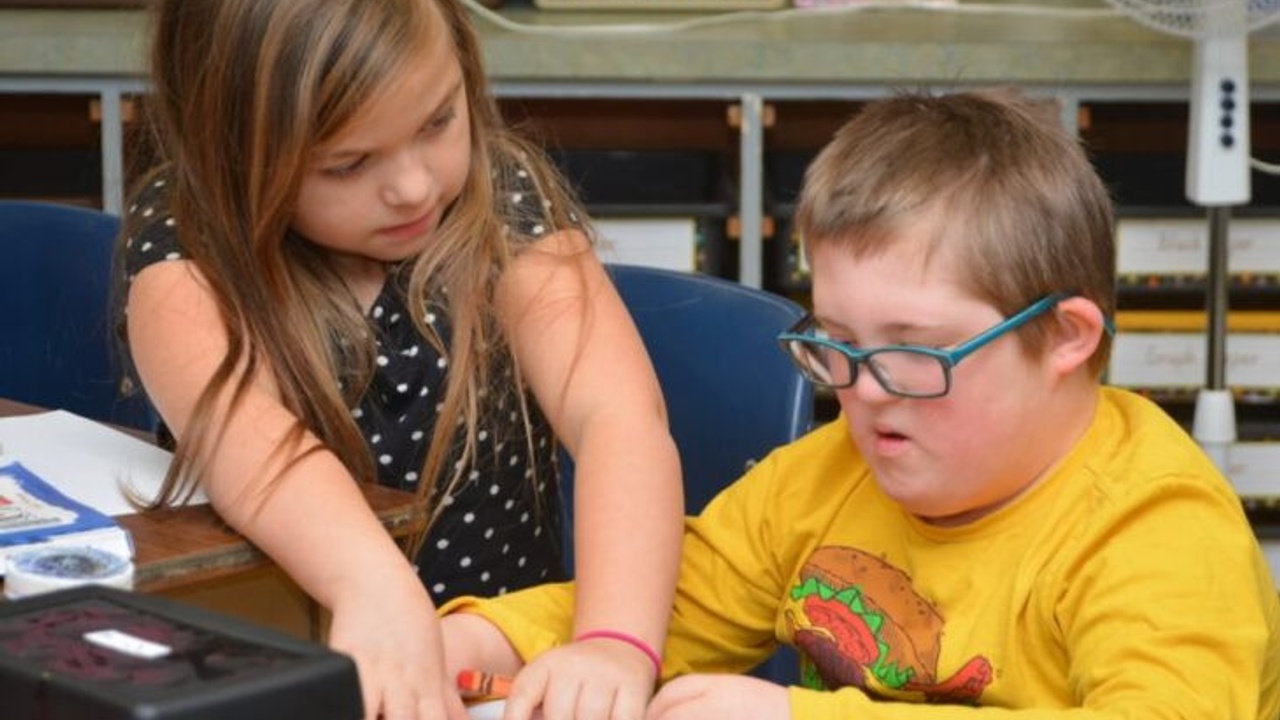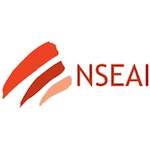
Together We Can Do It
Aug 26, 2022Authentic Successful Inclusion
Is it enough to have a child with learning challenges in the classroom for that room to have the label of an inclusive class? What needs to happen in order for the distinction of inclusion to be applied to that class?
Successful authentic inclusion is measured by one’s level of appropriate participation. It is not being tolerated! It is not enough to simply be present in the classroom.
Successful authentic inclusion is about being a VALUED member of the community who is treated fairly and respectfully and has equal access to opportunities and resources.
Successful authentic inclusion secures opportunities to learn incidentally and contribute fully to the group’s success.
IT REQUIRES PLANNING AND DESIGNING of individualized accommodations and allowing for modifications.
The opposite of inclusion is not just exclusion it is APATHY.
INCLUSION IS NOT JUST PLACEMENT IN A REGULAR EDUCATION CLASS. BEING INCLUDED:
- Has a positive effect on the achievement of individual goals
- Provides a satisfactory quality of life and actualization
- Creates a sense of meaning and purpose
- Means actively participating from a strengths model in day-to-day activities
- Includes all settings, not just in regular education
- Is being a part of what everyone else is a part of
- Is a valued and welcomed member of the community.
- Effects on our cultural values
- Is having healthy relationships and friendships
- Incorporates meeting one’s needs
- Improves self-esteem and promotes growth socially and emotionally
- Inspires and enriches our lives
- Provides normalization for everyone
- Includes participation in the life of the school and community
- Provides an authentic feeling of belonging and being valued
- Means Related service providers must consider delivering their services in the general education environment
- Is relating and functioning together
- Is about schools, worship places, work, community, and recreation environments
- Promotes seeing the abilities of others to contribute
- Is in the social, academic, financial, and physical aspects of life
- Takes teamwork for proper planning, preparation, adaptation, training, services, and support such as peer tutoring, cooperative learning, differentiated instruction, graphic organizers, push-in-related services and special education teachers, individual adult supports, study guides, and computer accommodations
- Improves social cognition skills and on-task behaviors and decreases negative behaviors for those children with disabilities.
- Improves, and does not negatively affect or interfere with, the academic performance of other students.
- Demonstrates the belief that separate and equal is not equal
- Requires family and school partnerships and collaboration with vested involvement of all community members - or it doesn’t work..
- Values diversity
- Demonstrates the law of natural proportions and normalization and should reflect the community. (If 10-11% of the children in your community have disabilities, then the classroom should have no more than 11% of students with disabilities.)

Make sure you SUBSCRIBE to the blog.
NSEAI's online courses efficiently lead parents and professionals to an expert level of education advocacy in just 12 days of on-demand courses that you can do at your convenience.
OUR CHILDREN DO NOT HAVE TIME TO WASTE.
LEARN TO DEVELOP A CHILD-FOCUSED IEP CORRECTLY FROM THE START vs JUST ACCEPTING A LEGALLY SUFFICIENT ONE!
CHANGE THEIR LIVES NOW
AUTHORS
Marie Lewis is an author, consultant, and national speaker on best practices in education advocacy. She is a parent of 3 children and a Disability Case Manager, Board Certified Education Advocate, and Behavior Specialist Consultant. She has assisted in developing thousands of IEPs nationally and consults on developing appropriately individualized IEPs that are outcome-based vs legally sufficient. She brings a great depth of expertise, practical experience, and compassion to her work and expert insight, vision, and systemic thinking. She is passionate and funny, and she always inspires and informs.
MJ Gore has an MEd in counseling and a degree in elementary education and natural sciences. She worked as a life-skills and learning support teacher She has been honored with the recipient of the Presidential Volunteer Service Award. She is the Director and on the faculty at the National Special Education Advocacy Institute. Her passion is social justice, especially in the area of education. She is a Board Certified Education Advocate who teaches professional advocates, educators, and clinicians the best practices in education advocacy.
